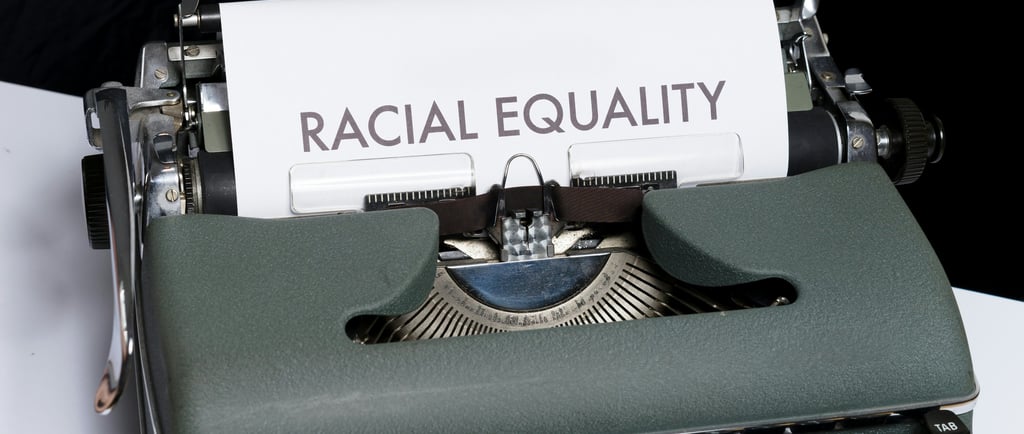DEI Debate Reveals GOP’s Unwillingness to Confront Racial Disparities in the Workplace
A recent House Oversight Subcommittee hearing on Health Care and Financial Services veered far from its intended focus, instead becoming a political battleground over diversity, equity and inclusion (DEI).
NEWS
Staff
7/9/20251 min read


A recent House Oversight Subcommittee hearing on Health Care and Financial Services veered far from its intended focus, instead becoming a political battleground over diversity, equity and inclusion (DEI). Though the hearing was billed as addressing healthcare and financial matters, less than five minutes of the 90-minute session touched on either topic. Conservative lawmakers largely used the forum to criticize DEI initiatives—eschewing evidence in favor of partisan talking points.
According to LA TIMES, the Republican-led panel invited three of the four expert witnesses, with one Democratic witness present to counter their claims. Like in prior Capitol Hill appearances, that lone Democratic voice was repeatedly interrupted when attempting to provide full, evidence-based answers.
Rep. Brandon Gill, R-Texas, pressed the witness with pointed yes-or-no questions on race in hiring practices, cutting off any attempt at context. When asked whether race should be a factor in hiring, the witness attempted to explain that while race shouldn’t matter, it historically has—with persistent inequities favoring white candidates over equally or more qualified candidates of color. Gill did not allow a full response.
Research supports these claims. A well-cited University of Chicago study found that applicants with ethnic-sounding names are less likely to receive callbacks than white applicants. Despite repeated conservative framing, diversity initiatives are not calls for “reverse discrimination,” but efforts to address systems that have historically locked out qualified professionals of color and women from leadership roles.
Federal data reveals that 77% of managers across industries are white, and 84% of executives at Fortune 100 companies are white, according to Heidrick & Struggles. The witness attempted to ask if Gill believed this disparity reflected merit—or structural inequality—but was met with accusations of being called racist, which the witness had neither stated nor implied.
DEI policies, the witness emphasized, are not about preference—they are about fairness. If lawmakers are serious about ending discrimination, they must also be serious about confronting the forces that have enabled it for generations. That starts with listening—something sorely missing from this hearing.
Connect
Discover businesses aligned with your values today.
info@goodmoney-app.com
© 2025. All rights reserved.
Write your text here...
A Subdivision of Original Media Group LLC.

